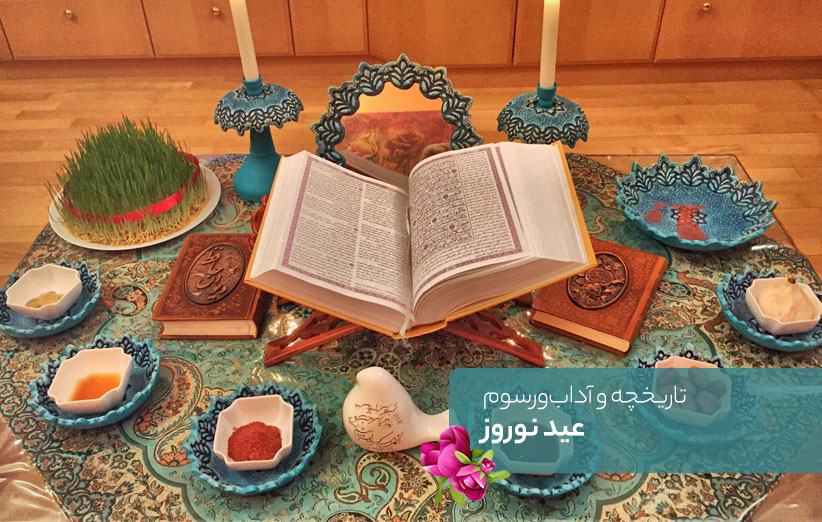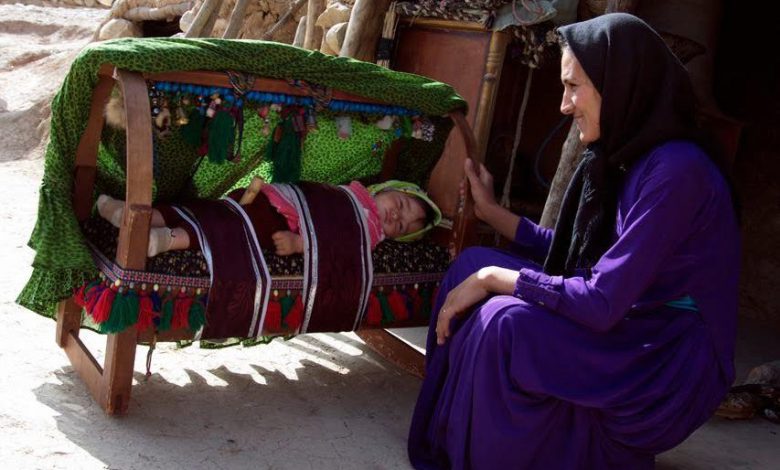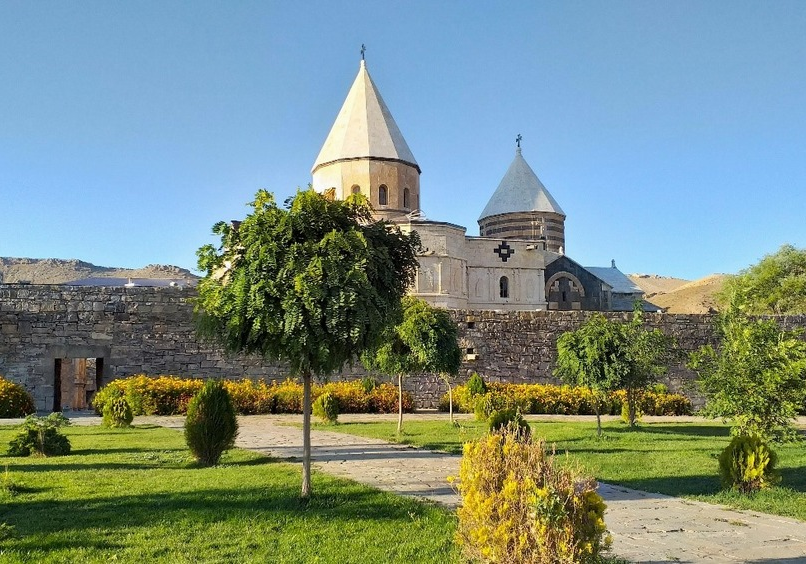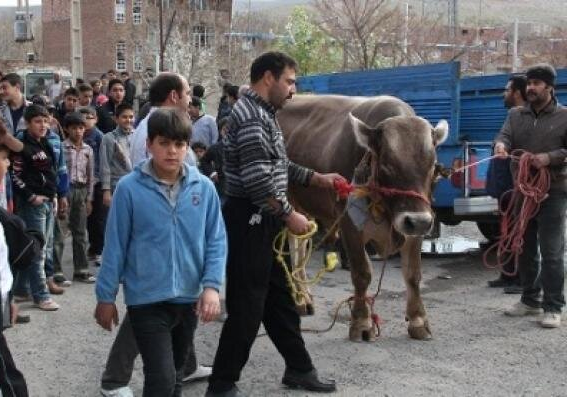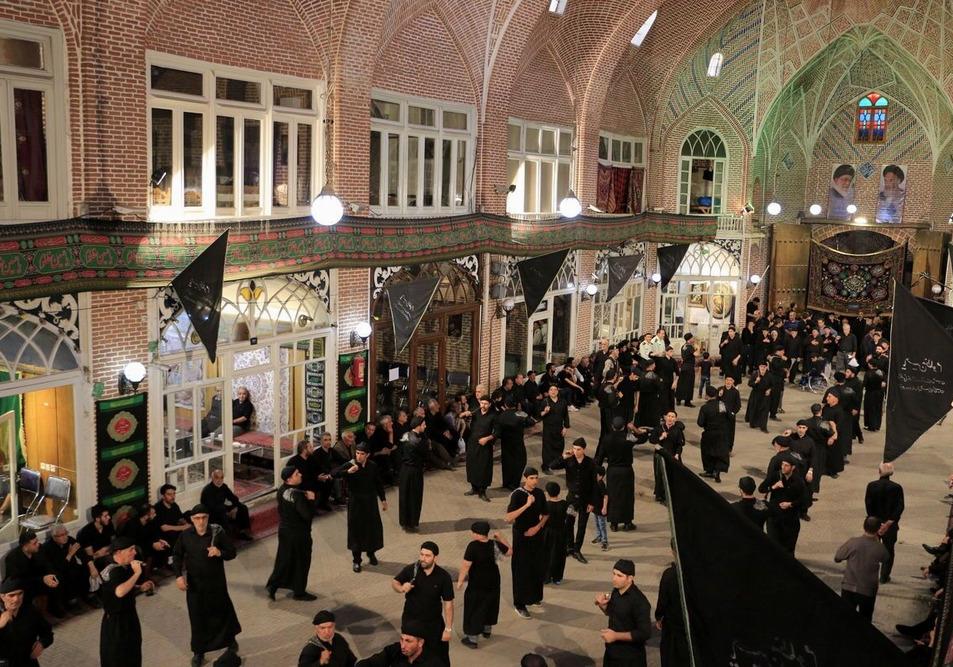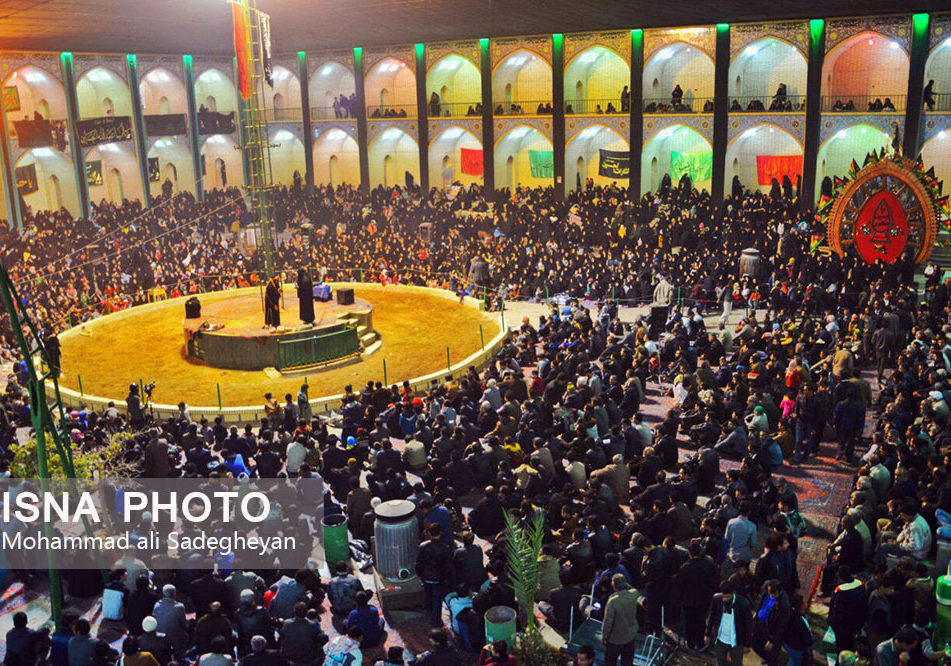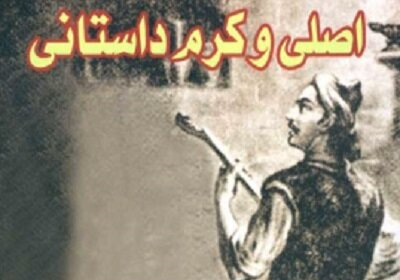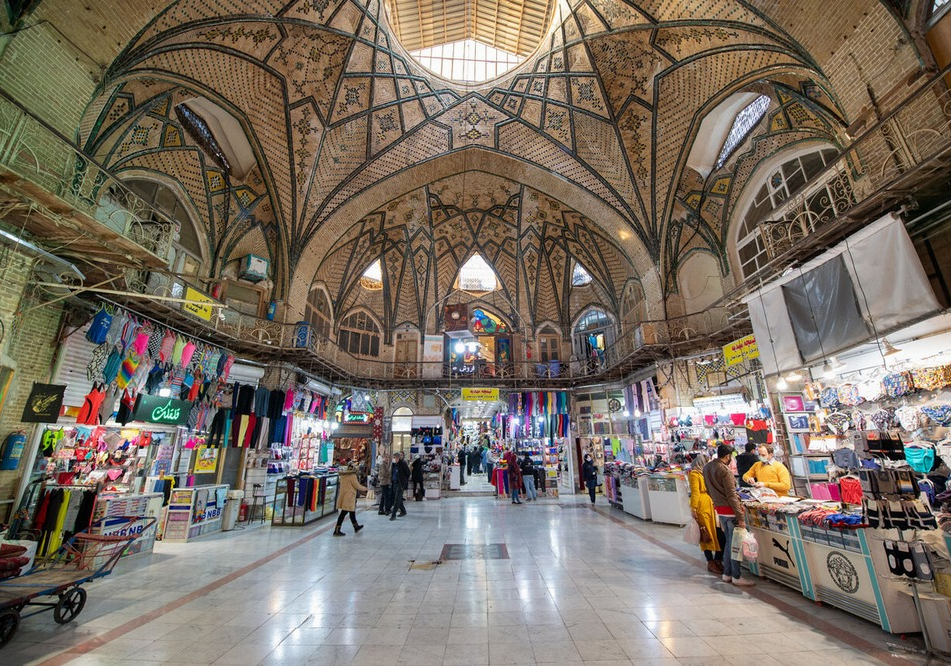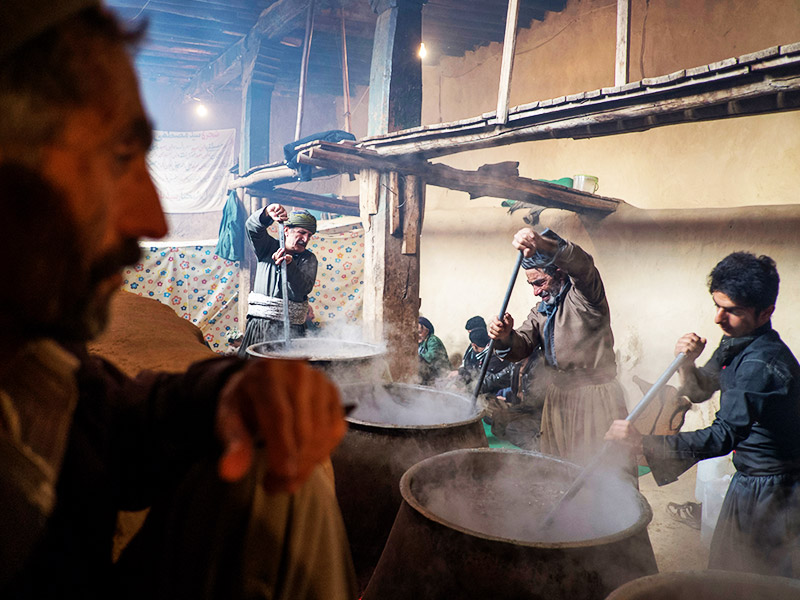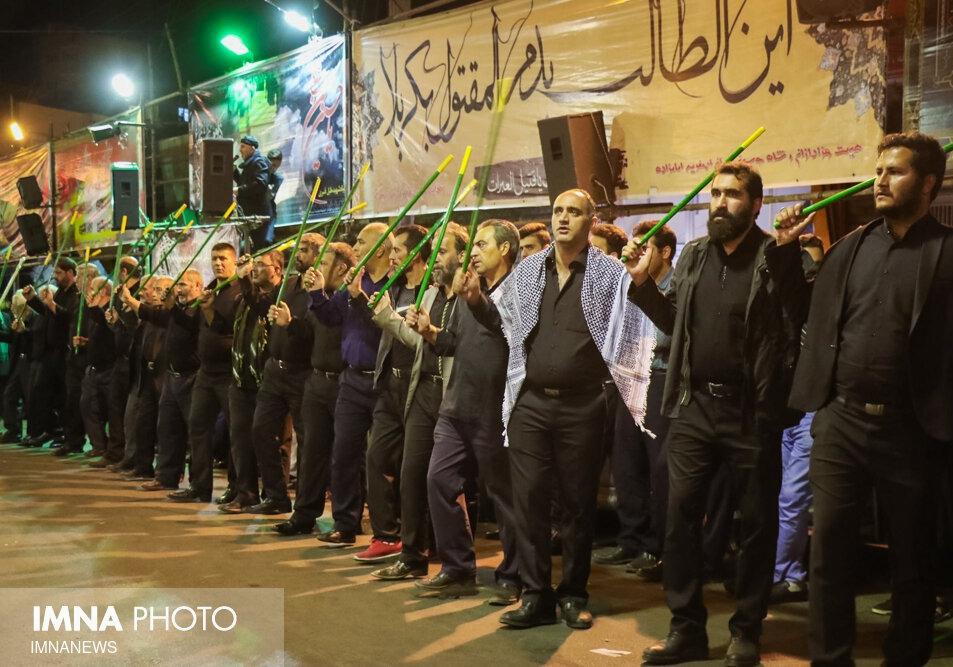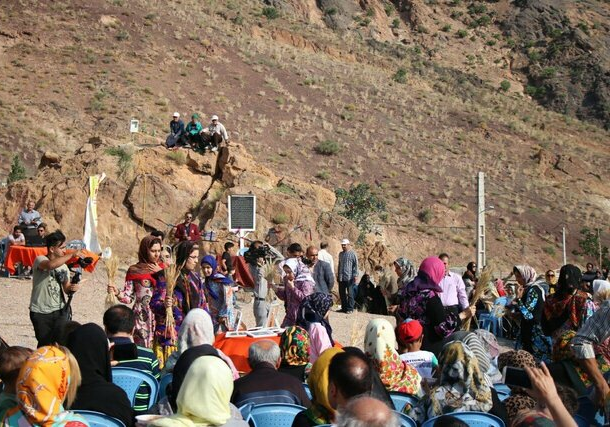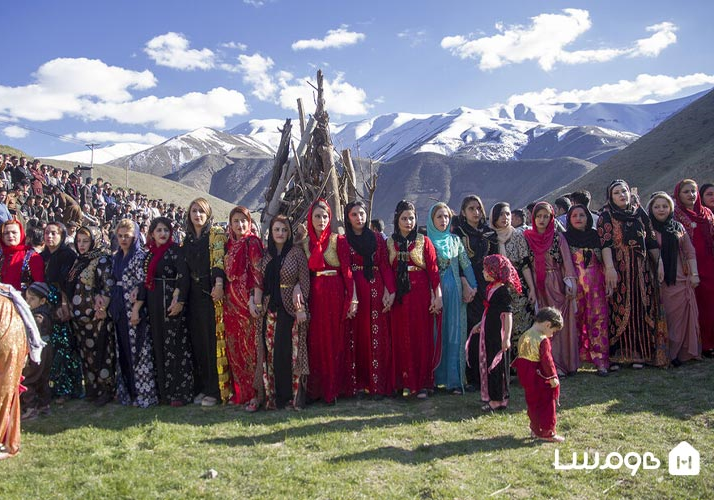
Arasbaran Nomads
Arasbaran, which was called “Qarahdagh” in the past, is a region with an area of more than 9,000 square kilometers, which is situated over certain parts of the three counties of Kalibar, Varzaqan, and Ahar in East Azarbaijan Province of Iran. Arasbaran is located to the south of the Aras River, which is the border of Iran with the Nakhchivan Autonomous Republic, Armenia, and the Republic of Azerbaijan. Arasbaran borders Heris County in the south, Ardabil Province in the east, and Marand County in the west.
The Culture of Arasbaran Nomads
Arasbaran nomads are made up of six main clans: Chelibanlu, Haj Alilu, Mohammad Khanlu, Hosseinklu, Hassan Biglu, and Qarachurlu. These tribes are Shiite and Turkic-speaking, and some of them have already settled in some areas, but the nomadic lifestyle still continues among some of their clans. Arasbaran nomads have played an active role in the history of Iran, especially during the events leading to the Constitutional Revolution.
According to statistics, the number of permanent nomads in the Arasbaran region is 1,600 households (about 8,300 people) and its mobile nomad population is more than 3,000 households (17,000 people). The migrating nomads spend eight months of the year in Qeshlaq (winter highlands) areas and in early June go to Yaylaq (summer highlands) areas. These nomads have their own ancient customs.
Customs Observed in the Month of Muharram
Arasbaran nomads believe in the Shiite school of thought and have their own mourning programs during the anniversary of the martyrdom of Imam Husain ibn Ali (AS), the third Shiite Imam. Usually, the elders of each clan earmark a place to hold a mourning assembly and they hoist the flag of mourning in it. This flag is not removed after the ceremony gets over. It is a custom among these nomads that anyone who has a need or offering, ties a colored cloth to this flag and comes to see it every day. Mourning and eulogy take place three times a day in the place selected for the purpose.
Marriage Customs among Arasbaran Nomads
Marriage among these nomads is more than just a religious and social custom and has certain political aspects. Different families among which marriage takes place get close to each other. In nomadic culture, avoiding marriage is a condemned act. Due to their nomadic life, marriage among them is influenced by various factors and usually occurs within families, especially between cousins.
Usually, the initial steps are taken in the form of consultation among women and then the ceremony of making a proposal is performed in which the elders of the family, who are called “Aelchi”, step in. Rejecting the proposal made by Aelchis is considered offensive. After the proposal ceremony, the groom’s father sends a carpet or an amount of cash or some livestock as a shirbaha (called “bashliq” in Azari language) to the bride’s family. This work is a sign of giving dignity to the bride and honoring her. In return, the bride’s family gives her a dowry mainly consisting of rugs and carpets, bedding, and handwoven items. The girl herself may have made these items before her marriage. The boy also has live livestock, which is considered a capital for him to run their life.
Mourning Customs for the Deceased
With a person passes away, all members of the clan attend his/her burial, which takes place according to religious norms related to bathing and shrouding the corpse. If there is a cemetery at the stopping place, they will bury the dead in it, otherwise, they will take the body to the nearest village to be buried in the cemetery of that village.
To mourn and honor the dead, men gather in one wooden pavilion and recite the Holy Qur’an, while women mourn in another pavilion. Usually one of the women recites eulogy and the others mourn the death of the person who has passed away.
It is customary among the nomads that people participating in the mourning ceremony bring live stocks or some food items with them as a sign of expressing their condolence and in order to share in the expenses of the mourning ceremony. It is also customary that if an agreement has been made for celebrating a certain festivity or a wedding, it is postponed until after the 40th day of the death of the deceased.
Arasbaran nomads have played an active role in the history of Iran, especially during the events leading to the Constitutional Revolution.
| Name | Arasbaran Nomads |
| Country | Iran |
| State | East Azerbaijan |
| City | Ahar |
| Type | National |
| Registration | No registration |
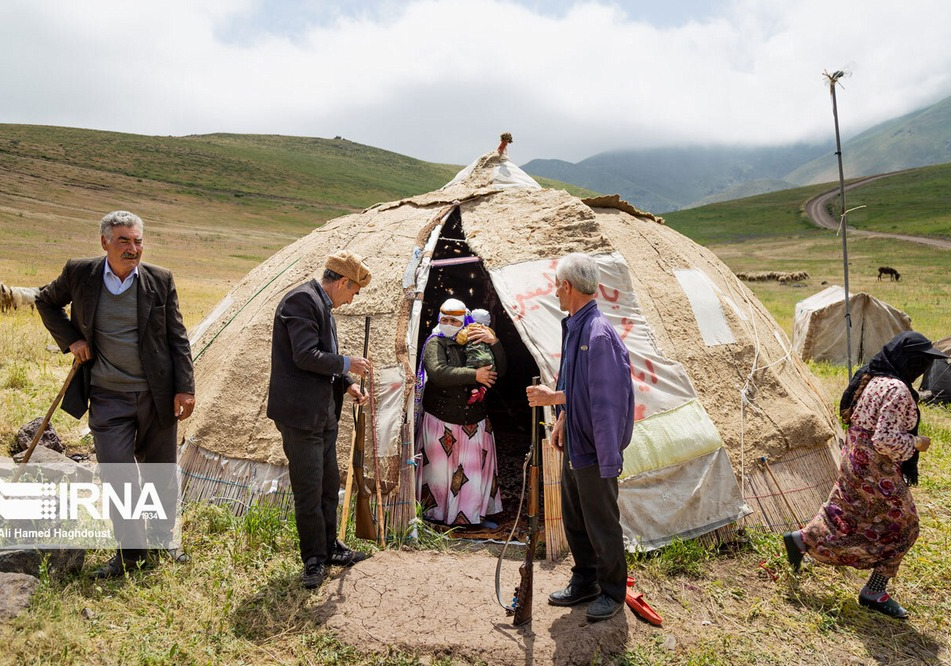
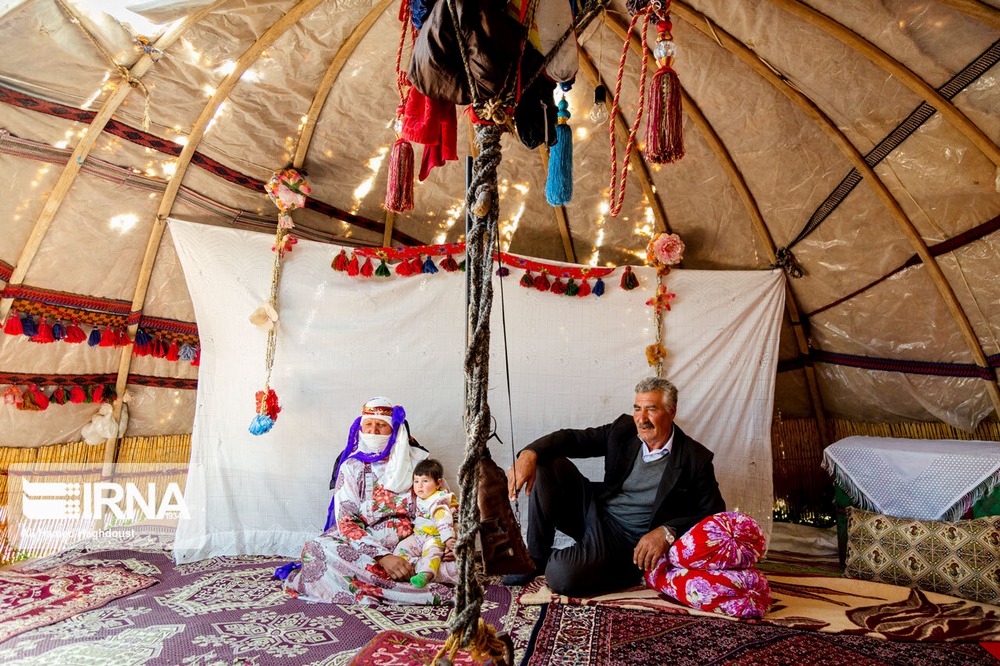
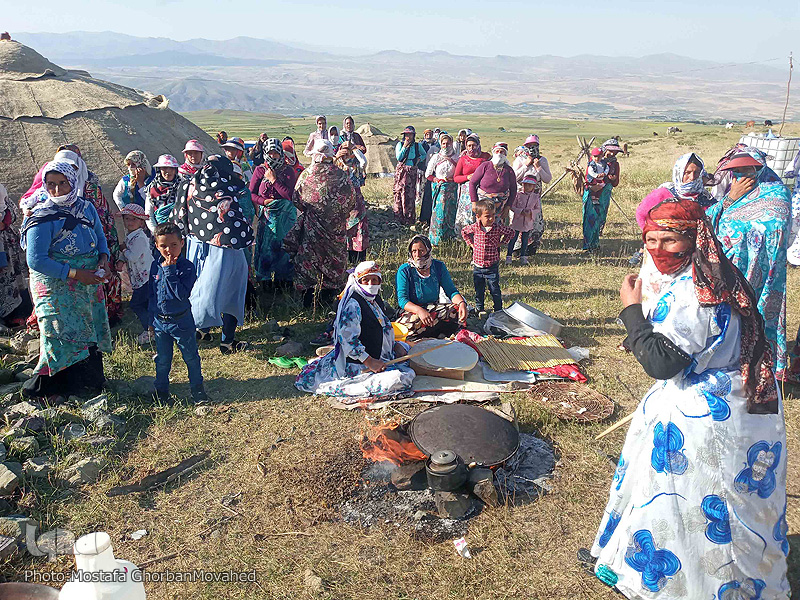



Choose blindless
Red blindless Green blindless Blue blindless Red hard to see Green hard to see Blue hard to see Monochrome Special MonochromeFont size change:
Change word spacing:
Change line height:
Change mouse type:
